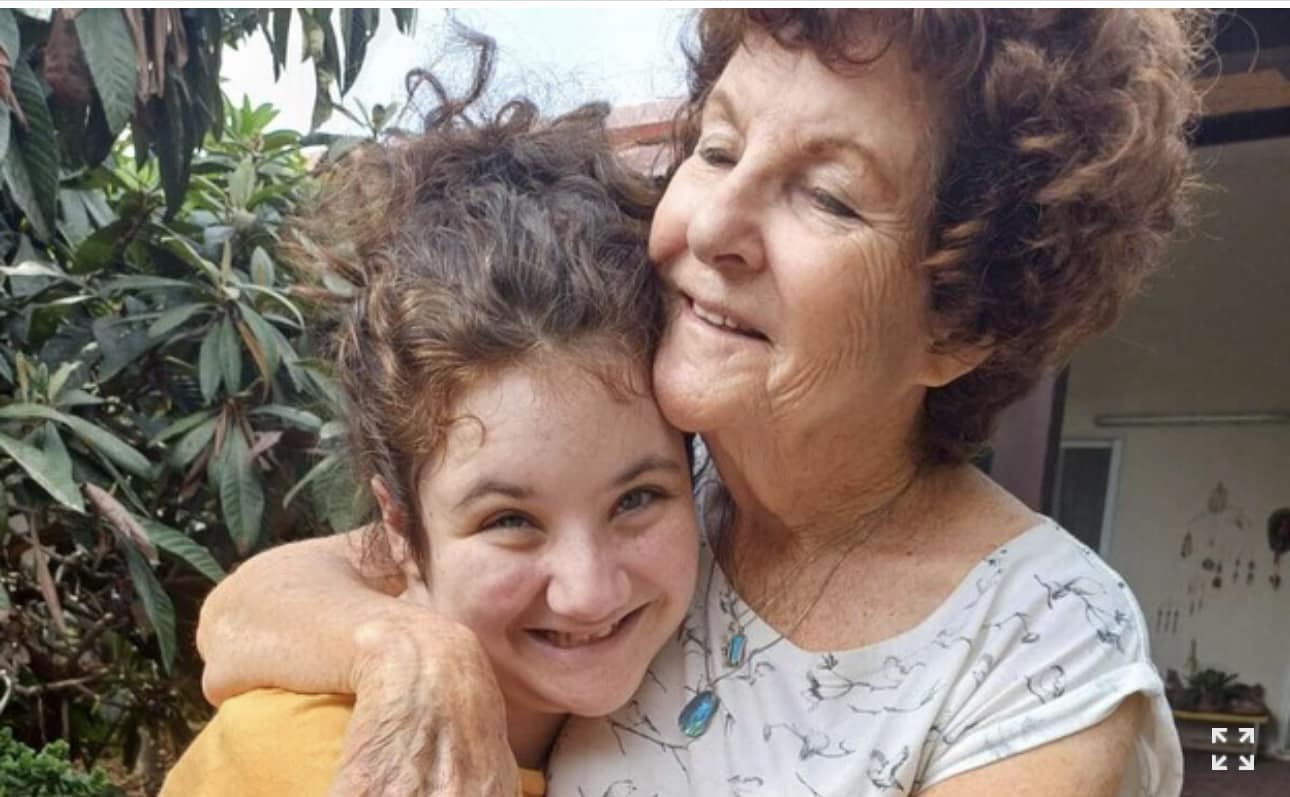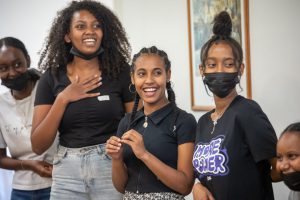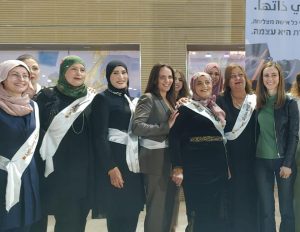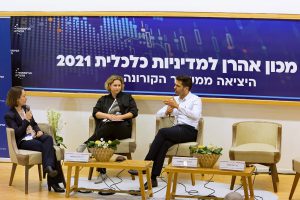Reduced Inequalities


Home » Reduced Inequalities » SDG 10 – Surviving War with Disabilities
SDG 10 – Surviving War with Disabilities
More than 1.6 million Israelis (20% of the population) are recognized as persons with disabilities. That was before the current war; hundreds more have already joined them – and the counting isn’t over yet.
According to updated figures, since the October 7 Hamas massacre another Israeli 1,120 troops (not including conscripts) from the security forces have been added to the list of those treated by the Defense Ministry’s rehabilitation department. Among them, 329 have been recognized as persons with disabilities (88% the same day the requests were made).
Those figures don’t include civilians. We’d like to be optimistic – but it isn’t easy.
For persons with disabilities, the challenges of war are not only very real – they’re multiplied. This is particularly true regarding access to protective areas from rocket fire – whether in towns, residential communities or day-program facilities.


The grandmother, Carmela Dan, and her 13-year-old granddaughter Noya, on the autism spectrum. Murdered by Hamas. Photo: Courtesy of the family.
No wonder the Association for Civil Rights in Israel has called on the National Emergency Authority to immediately evacuate – at government expense – all Israelis with disabilities in threatened areas who lack appropriate means of protection.
Even those with full mobility face challenges, of course. Take, for instance, the difficulty that the hearing impaired have with warning sirens; to overcome this, the Home Front Command’s app is designed to provide warnings via a number of options (and a combination of them): voice, written, vibration and flashing light (all in one of the following languages: Hebrew, Arabic, English or Russian).
With life in Israel disrupted for almost three weeks now, government and civil society bodies are pursuing solutions for persons with disabilities in order to maintain an all-importance sense of routine.
In this context, the Social Services Ministry is offering NGOs a 150,000 shekel grant for activities designed to enrich leisure time and alleviate feelings of loneliness among children with disabilities.
Apropos routine: as pupils return to school, special education frameworks are also resuming activities while dealing with their own unique challenges. These include the education of children with disabilities who have been displaced with their families, as well as the current lack of special transportation availability.
Beyond the real-time challenge of surviving the war, Israelis with disabilities are dealing with traumatic incidents just like the rest of the country. One example: the director of a Jerusalem ecological ranch for adults with autism was kidnapped by Hamas and is being held in the Gaza strip; the institution recently posted a moving video about her with the participation of families and their children – Arabs and Jews from all walks. We recommend viewing – and pray that she is released soon, in good health.
As hard as it may be to process, Israelis with disabilities are struggling with challenges even greater than kidnapping and rocket fire. Indeed, they are deep in mourning – having seen their own slaughtered by Hamas: a 13-year-old with autism murdered together with her grandmother; a wheel-chair bound 16-year-old suffering from cerebral palsy and muscular dystrophy – who needed to be fed through her stomach – killed along with her father. May their memory be a blessing.
Related articles


SDG 10- Probe & Improve – Part 2
Reduced Inequalities Read Part 1 In Part 1 of this series we focused on the status of reducing inequalities (SDG10) in employment particularly as reflected


SDG 10- Hoping Arab Empowerment Plan Makes Difference
Reduced Inequalities World Day for Cultural Diversity for Dialogue and Development (May 21) is an excellent opportunity to revisit Israel’s efforts to reduce inequalities and


SDG 10- Israel’s Equality Discourse: Can You Hear It? – Part 2
Reduced Inequalities Read Part One In part one of our zoom-in update on Israel’s robust social justice discourse we shed light particularly on the issue


















